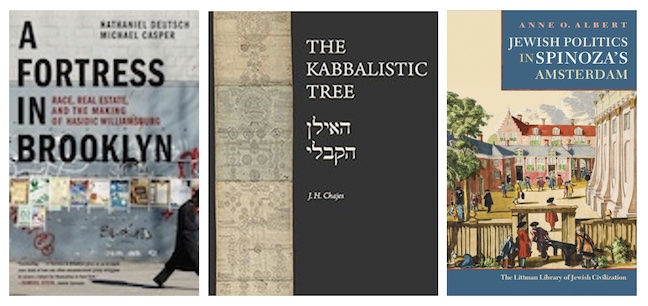A Battle of the Sexes in Early Modern Italy
Taking a minor detour from his work as an intellectual historian with an interest in early modern skepticism, philosophy, and medicine, Ahuvia Goren unearths a rather astounding woman from the archives: Rica Clava (Rivkah Katzigin), a whip-smart and outspoken advocate for her own marital property, who not only wrote in Hebrew, but was conversant in Jewish law.
